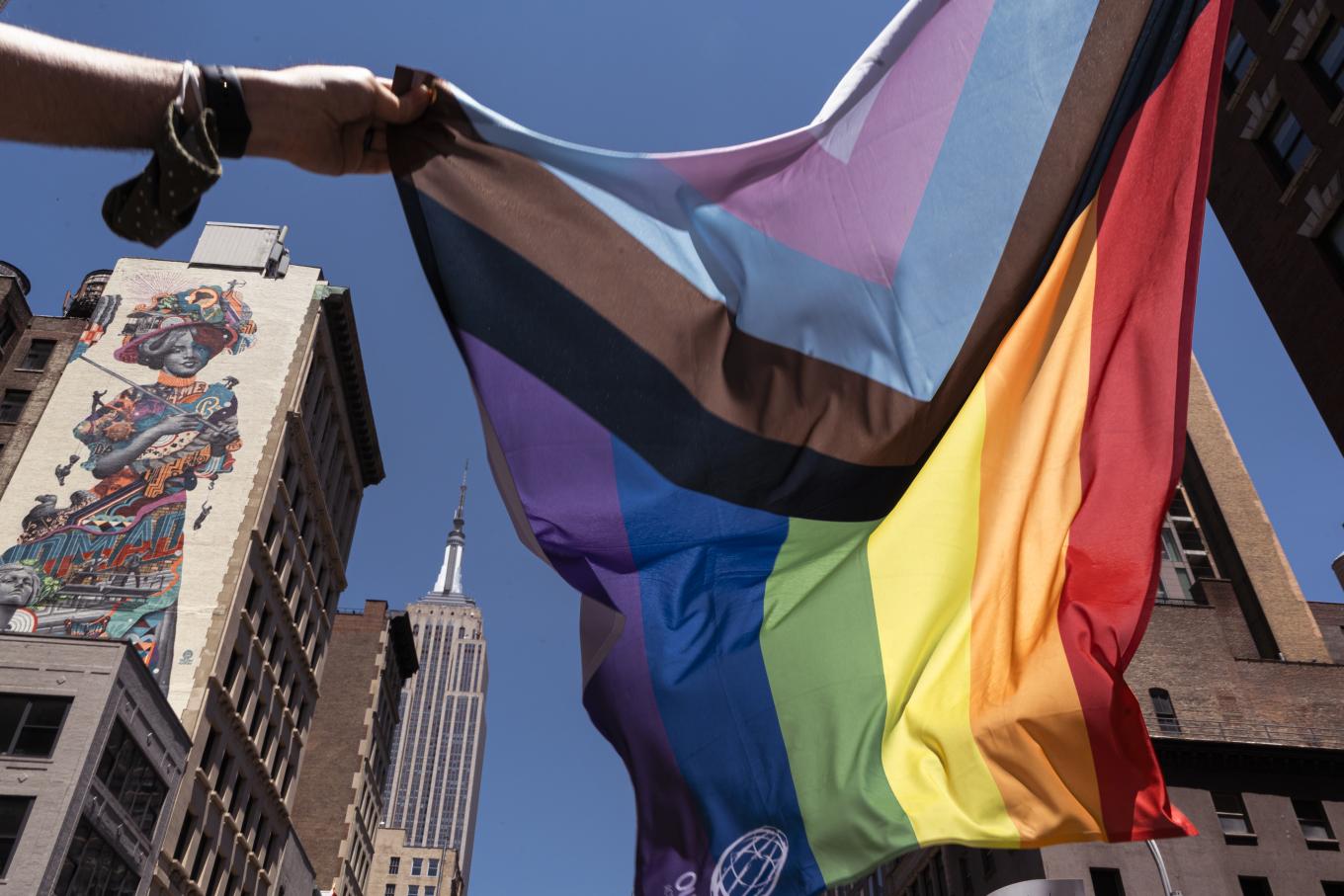
Country Overview
Sri Lanka
At a glance
View more for this country:
Sri Lanka criminalizes consensual same-sex sexual activity under Sections 365 and 365A of the Penal Code, which prohibit "carnal knowledge against the order of nature" and "gross indecency." These colonial-era provisions impose penalties of up to ten years of imprisonment and fines, applying to men and women. While prosecutions under these laws have been limited, reports indicate that LGBTIQ individuals frequently experience harassment, violence, and discrimination, including extortion, arbitrary arrests, and denial of essential services. No comprehensive anti-discrimination protections are in place. Authorities have been using forced anal and vaginal examinations to seek evidence of same-sex relations, practices widely condemned as a form of torture.
Recent legal developments signal a potential shift. In May 2023, Sri Lanka’s Supreme Court ruled that a proposed amendment decriminalizing consensual same-sex relations was constitutional, allowing it to proceed to parliamentary debate. This decision was a critical step toward repealing archaic provisions that violate international human rights standards. Additionally, in 2022, the United Nations Committee on the Elimination of Discrimination against Women (CEDAW) determined that criminalizing same-sex intimacy between women constitutes a breach of fundamental rights.
In May 2024, a Gender Equality bill containing inclusive language on gender identity went through its first reading in Parliament, but it has not progressed. Advocacy efforts persist to ensure full legal and social recognition, emphasizing the need for legislative reform and broader societal acceptance.
LGBTIQ organizations can freely register and have been organizing Pride events throughout the country, including the 2022 Pride march in Colombo, which was the first-ever large-scale LGBTIQ event to be held without diplomatic or Global North philanthropic support in Sri Lanka.
*Outright research indicates that the bodily autonomy of intersex people is not respected and protected in this country.
Global Impact
Sub-Saharan Africa
Outright supports LGBTIQ organizations in Sub-Saharan Africa and works with mainstream human rights organizations to respect human rights and influence positive changes in laws, policies, attitudes and beliefs that cause discrimination against LGBTIQ people.
United Nations
Our work at the United Nations centers around advocating for the advancement of the rights of LGBTIQ people.
View this regionAsia
Our work in Asia promotes acceptance of sexual and gender diversity at all levels of society.
View this regionSouthwest Asia and North Africa
In the Southwest Asia and North Africa, we partner with local groups in various countries as part of our international solidarity work. We also work with our local partners on different topics through capacity building, advocacy, research and holistic security.
Europe and Central Asia
Outright International partners with activists to fight for an end to human rights violations based on sexual orientation, gender identity and gender expression in Europe and Central Asia, where most of our work involves emergency responses to harassment, discrimination, violence, and most recently, Russia’s brutal and expanded invasion of Ukraine.
Americas
Our work in the Americas continues to build on the fundamental and positive transformation of human rights protections in recent years. We partner with groups in the Caribbean that focus on ending gender-based violence and eradicating discrimination against trans people.
Pacific
Our work in the Pacific aims to increase the visibility of activists, respond to human rights emergencies, and actively bridge local, regional, and international activism to achieve equality and justice.
Global
View this region
Human Rights Research
Since 1990, we have partnered with activists from all over the world to produce hundreds of groundbreaking reports.
Read Our Reports